How to ensure that the right answer has the right effect
Just because we know the right answers doesn’t mean we know the right time and tone to convey those answers. The Bhagavad Gita 17.15 states that we need to discipline our speech, ensuring it is both sensible and sensitive. This approach allows our words to reach people holistically, appealing to both their head and heart.
This guideline is especially important for those with considerable knowledge but lacking the emotional intelligence to share that knowledge effectively. For example, if we have studied a subject in detail, we might feel confident about our answers. However, while knowing the answers to difficult or delicate questions is essential, it’s not enough. We must also learn the right time and tone to convey those answers.
The right time often refers to context. For instance, giving explanations before someone has fully conveyed their concerns can make them feel unheard. If a doctor prescribes medication before the patient feels understood, the patient may lack confidence in following the treatment. Even if they take the medicine, they may not commit to it consistently, which can prevent the desired effect.
Similarly, considering the right tone requires us to reflect on how our answer sounds to others. Do we sound genuinely concerned about helping them reach a higher understanding, or do we come off as if we’re showing off our knowledge or belittling their ignorance? If our tone appears supercilious, condescending, or dismissive, it can lead to counterproductive effects. This is why it’s important to balance our speaking so that it both illuminates the head and touches the heart.
If we consider the various possibilities in terms of a four-quadrant diagram:
The x-axis represents the right answer (positive side) and the wrong answer (negative side).
The y-axis represents the right time and tone (positive side) and the wrong time and tone (negative side).
Let’s examine the four possibilities:
1. Right answer at the wrong time or with the wrong tone
This would unnecessarily agitate or hurt people, sometimes to the extent that they may refuse to consider the actual message because of their disturbed state of mind. Such a response might cause them to lose the opportunity to benefit from the right answer. In some cases, they may even become so alienated or antagonistic that they might never approach us again for future answers.
2. Wrong answer at the wrong time and with the wrong tone
This combination results in both misleading and hurting others. It harms them in the present by agitating their minds and in the future by leading them astray with the wrong answer.
3. Wrong answer with the right tone and at the right time
While this may superficially please others in the present, it ultimately harms them in the long run due to the inaccuracy of the answer.
4. Right answer at the right time with the right tone
This approach allows us to encourage and please them in the present with a pleasing ambiance created by the tone and timing of our answer. Additionally, it benefits them in the future by helping them acquire the right understanding and choose an appropriate course of action.
The Bhagavad-Gita (17.15) urges us to situate our speech conscientiously. The ideal scenario—represented by the top-right quadrant—emphasizes speaking both sensitively and sensibly as a recommended austerity of speech.
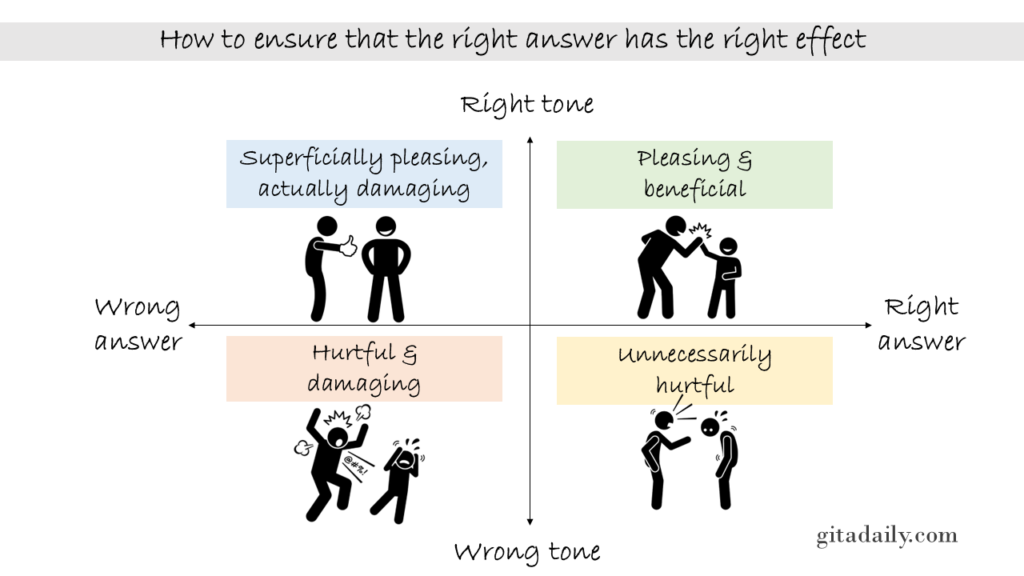
Summary:
- When sharing wisdom, studying the relevant subject to have the right answers for difficult or delicate questions is important, but not sufficient.
- We also need to consider the right time to convey answers; if the questioner doesn’t feel understood, they may lack the confidence to apply what we share.
- Considering the right tone ensures our speech shows concern for their well-being rather than sounding supercilious, condescending, or dismissive.
Think it over:
- Recollect any incident when you got a right answer to a question you had but still didn’t feel satisfied. Analyze why you didn’t feel satisfied.
- Recollect any incident when you got the right answer at the wrong time and therefore didn’t or couldn’t apply it.
- Recollect any incident when you got the right answer in the wrong tone and therefore felt alienated and not attracted by the answer.
***
17.15 Austerity of speech consists in speaking words that are truthful, pleasing, beneficial, and not agitating to others, and also in regularly reciting Vedic literature.



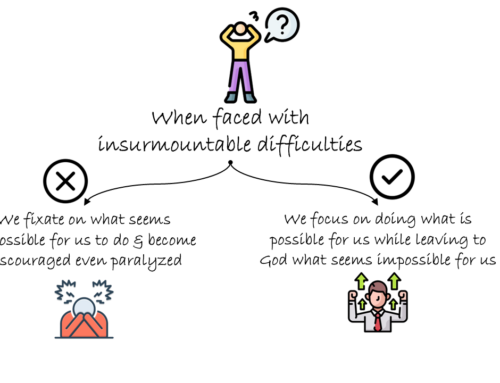

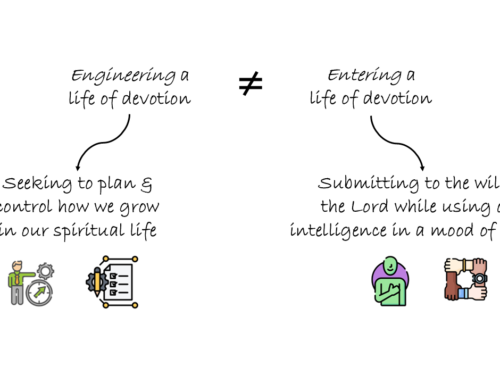

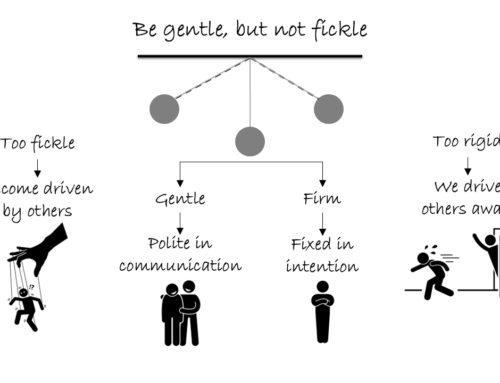
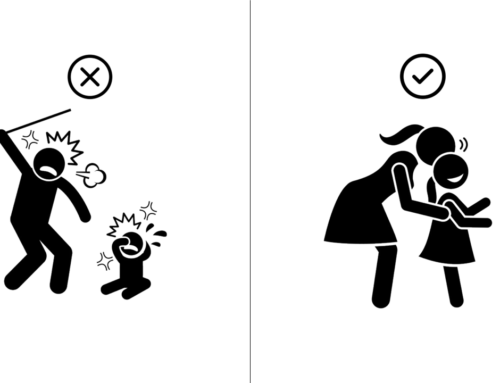
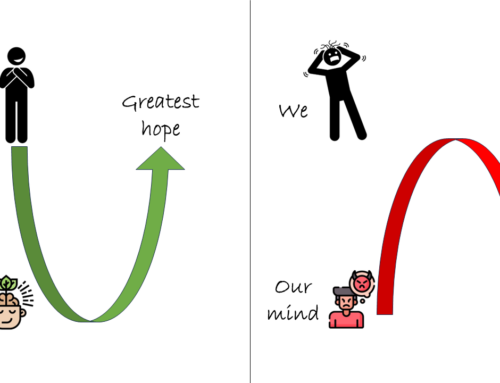
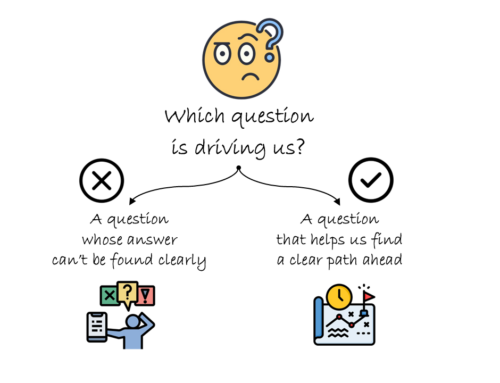
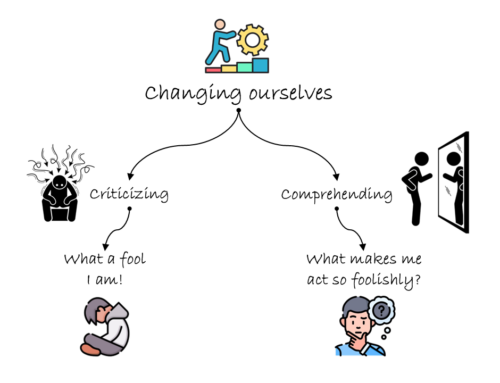
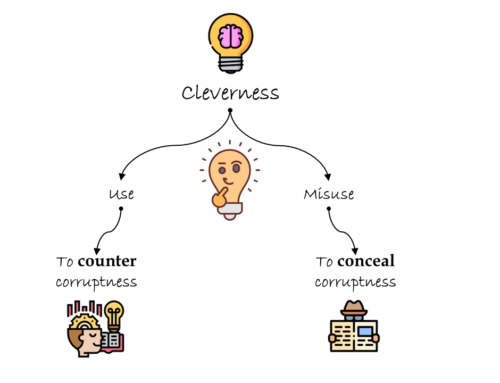
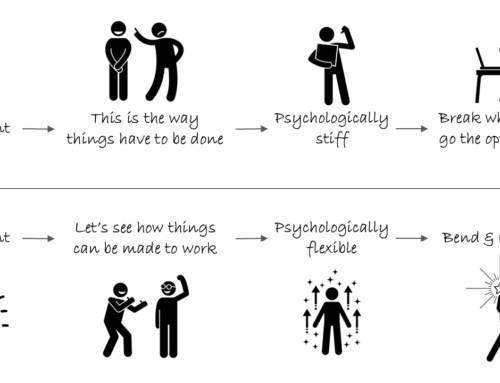
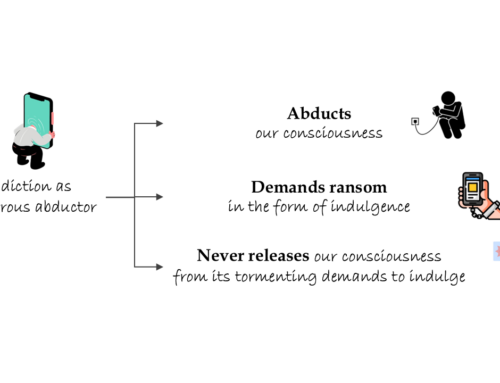
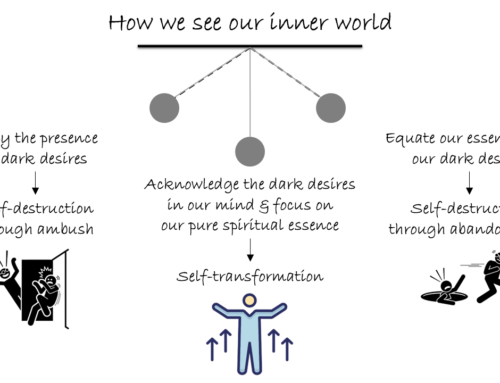
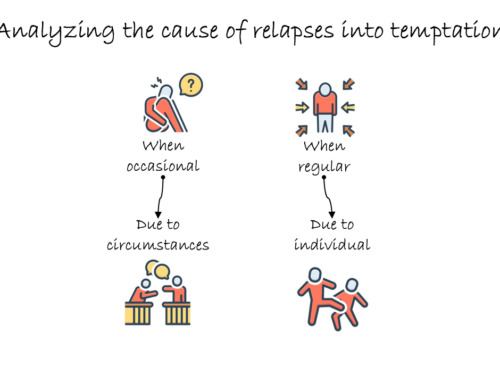
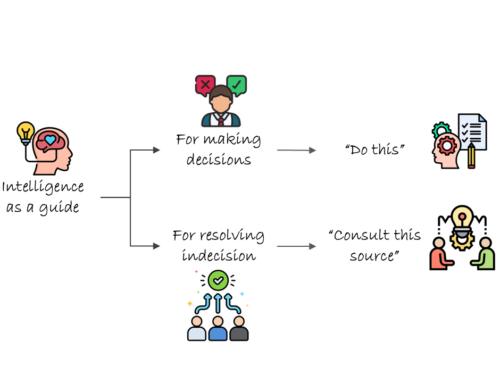
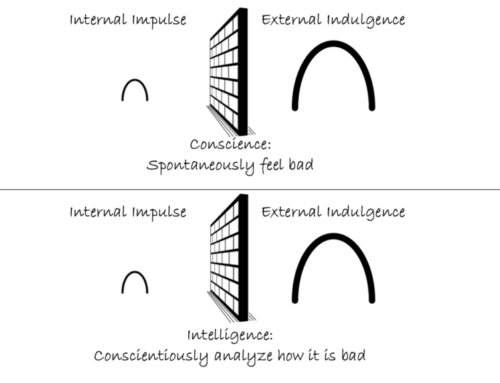
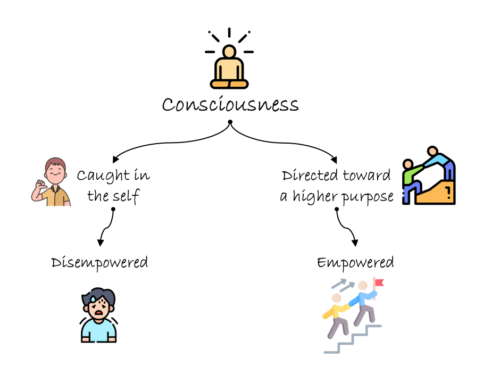
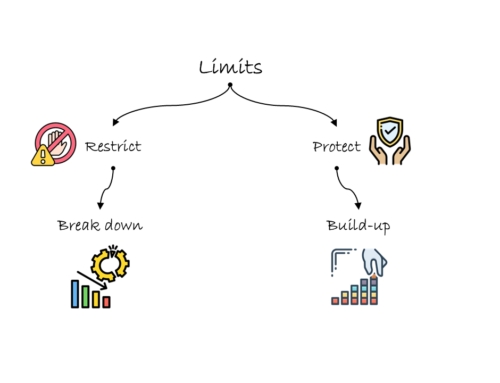
Leave A Comment